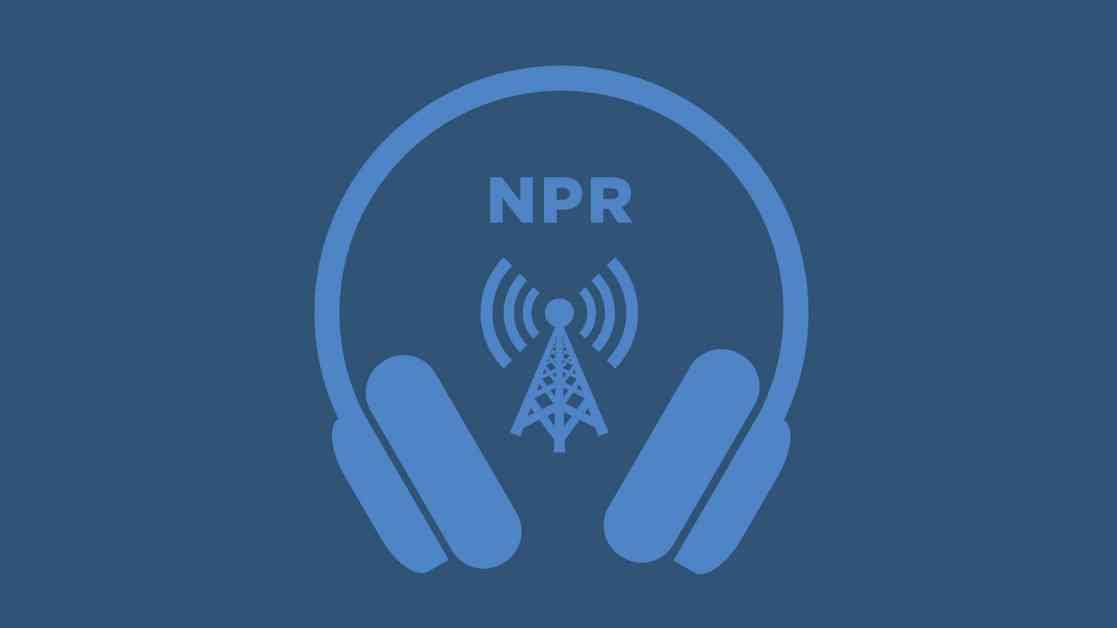Utah students may notice a change in their school libraries this year as more than a dozen books have been removed from shelves across the state. The decision to remove these 13 book titles has sparked controversy and raised concerns about censorship and the impact on education.
The Utah State Board of Education made the decision to remove these books after a review process that examined the content and appropriateness of the materials. The board cited reasons such as explicit language, sexual content, and violence as justification for the removal of these books. Some of the titles removed include classics like “To Kill a Mockingbird” and “The Catcher in the Rye.”
This move has sparked a debate among educators, parents, and students about the role of censorship in schools and the importance of providing access to a diverse range of perspectives and ideas. Some argue that removing these books limits students’ exposure to important literary works and stifles critical thinking and discussion in the classroom.
On the other hand, supporters of the board’s decision believe that it is important to protect students from potentially harmful content and ensure that school libraries provide a safe and appropriate learning environment. They argue that schools have a responsibility to uphold certain standards and values in the materials they make available to students.
The impact of this decision on education in Utah remains to be seen. Some worry that removing these books will limit students’ access to important literary works and hinder their ability to engage with complex and challenging ideas. Others believe that it is necessary to protect students from content that may be inappropriate or harmful.
As the new school year begins, educators, parents, and students will continue to grapple with the implications of this decision and work to ensure that students have access to a wide range of perspectives and ideas in their educational journey. The debate over censorship, access to information, and the role of school libraries in shaping students’ intellectual development is likely to continue as this issue unfolds.




